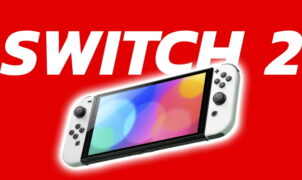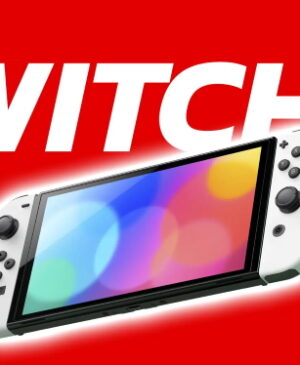According to a US survey, 60% of teenage players were victims of harassment during a game.
Gamesindustry reports about a survey that was jointly made by the ADL (Anti-Defamation League) and Newzoo, covering more than 2200 gamers (who play online games) up to the age of 45. Nearly 550 of them were thirteen to seventeen. 99% of respondents said they had a positive social experience while playing online games, but not everyone had a clear positive experience.
83% of the adults said they had been harassed in the past six months while playing online. The teens’ ratio wasn’t good either (60%). The most common form of identity-based harassment (as in previous years when the ADL ran the survey) was aimed at women, with an increasing year-on-year rate (41% in 2020, 49% in 2021). Black gamers and Asian players also saw more harassment this year (31 to 42%, and 26 to 38%, respectively). The identity-based harassment occurred despite 37% of protected groups saying they always hide their identity and 37% saying they do so sometimes.
The two most common problem-causing games for the second straight year were Valorant (79%) and DotA 2 (78%), with Minecraft showing a minor percentage of players reporting harassment (46%). However, Mojang’s game is a landslide behind the game ahead in the list (Rocket League, which had a respectful decrease year-on-year from 76 to 59%). The rate of players quitting certain games due to disruptive player behaviour also increased (from 22 to 27%).
The two games that drove the most away were Valorant and Call of Duty (the survey did not mention which one, we predict it’s Black Ops Cold War), each reaching 42%. The survey also showed growing instances of doxing (personally identifying information made public; 13% in 2020, 22% this year) and swatting (a stranger making a false report to emergency services about someone; another increase from 12 to 20%). The ADL acknowledged that it included responses from players who “reported something similar to either behaviour or who preferred not to elaborate.” It also had quotes from four different survey respondents that fit the usual concept of the terms.
The ADL recommends that game publishers release regular and consistent transparency reports about hate and harassment in their communities and submit to independent audits of their content moderation practices. They also recommend an ESRB-like audit to give people metrics about toxicity and extremism in online games to make informed decisions before the purchase. The ADL noted the prevalence of stories about toxic workplaces: they can normalize attitudes around unacceptable behaviour that wind up reflecting in what’s allowed in games. And in the games, the ADL wants to see better content moderation tools for voice chat and reporting systems and employees to give live, real-time support for targets of severe harassment.
The increasing ratio is disappointing.
Source: Gamesindustry
















Leave a Reply